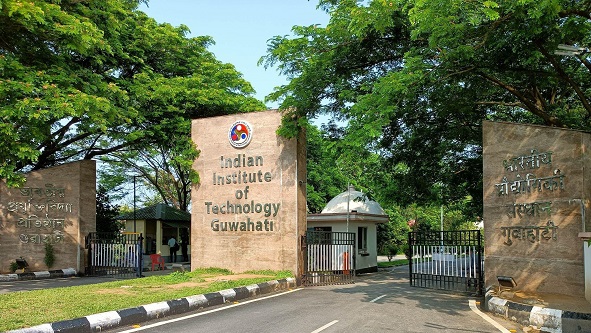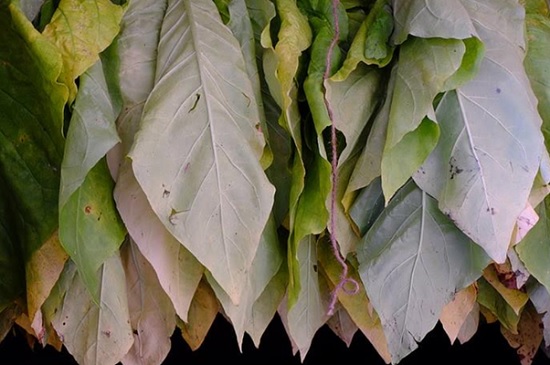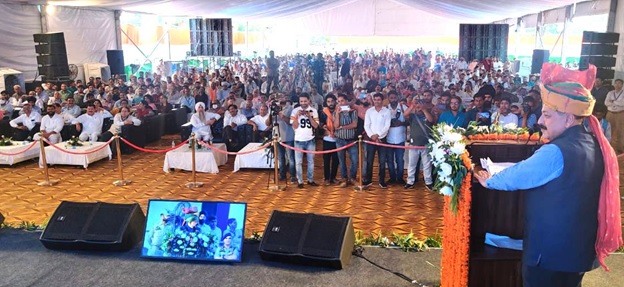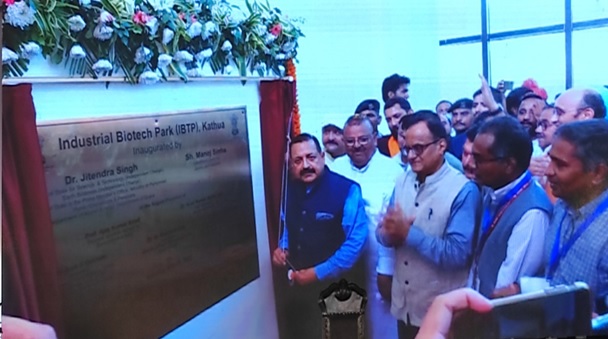
Researchers at the Indian Institute of Technology (IIT), Guwahati, have developed an ultrasound-assisted fermentation method to produce sugar substitute ‘Xylitol’ from sugarcane bagasse.
With increasing awareness of the adverse effects of white sugar (sucrose), for patients with diabetes and for general health, there has been a rise in the demand for alternative sweeteners.
Xylitol, considered a safe replacement for sugar, is presently produced by a chemical reaction in which wood-derived D-xylose, a costly chemical, is treated with nickel catalyst at very high temperatures and pressures. This makes the process highly energy-consuming. Also, only 8-15% of the xylose is converted to Xylitol and the method requires extensive separation and purification steps, all of which translate to high price for the consumer.
Researchers at the Indian Institute of Technology (IIT), Guwahati, have developed an ultrasound-assisted fermentation method to produce sugar substitute ‘Xylitol’ from sugarcane bagasse.

Fermentation has been thought of to tackle these issues. However, the fermentation processes are slow which poses a significant hurdle in using these processes on commercial scales. The new study promises to overcome this.
The researchers used ultrasound to see whether it quickened the process. They found that it not only significantly reduced the fermentation time to 15 hours (against almost 48 hours in conventional processes) but also increased the product yield by almost 20%. “We tried out ultrasound since when a solution containing microbial cells is subjected to low-intensity ultrasonic waves, microbial cells eat, digest, and excrete faster,” the researchers said.
The new study also assumes importance as the researchers have used sugarcane bagasse, produced after extracting juice from sugarcane and presently discarded as waste. In other words, the new method could help overcome the cost limitations of current xylitol synthesis methods and provide a way to upcycle a waste product.
The study team was led by Prof. V.S. Moholkar of the Department of Chemical Engineering, at IIT - Guwahati, and included his colleagues Dr. Belachew Zegale Tizazu and Dr. Kuldeep Roy. They have published a research paper on their work in two science journals, Bioresource Technology and Ultrasonics Sonochemistry.
India Science Wire
ISW/SP/IIT/SWEETENER/23/08/2022





